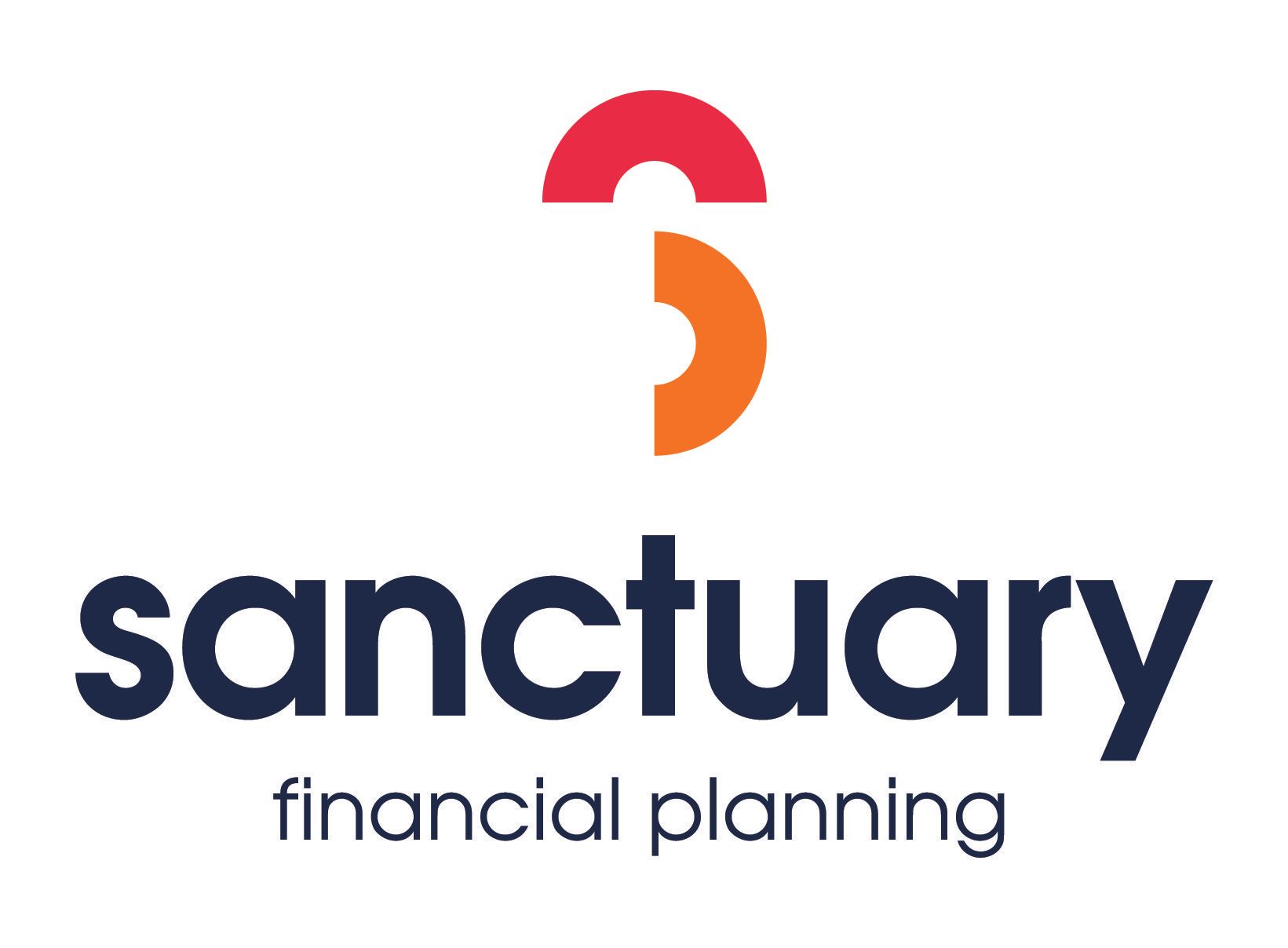Planning For A Secure Retirement
Retirement planning is an essential aspect of financial security. One significant component of retirement planning is understanding and preparing for different types of pensions. It is one such concept that many individuals may encounter during their careers.
What is a Deferred Pension?
It is a type of retirement benefit that allows you to delay receiving your payments until a later date than the normal retirement age defined by your plan or employer. In other words, instead of starting to receive it immediately when you retire, you choose to postpone the payments to a future date.
This decision can be particularly advantageous for various reasons. For example, if you retire early and don't need the income right away, or if you decide to continue working for some time after reaching your normal retirement age, opting for this can provide significant financial benefits down the road.
How Do They Work?
The mechanics can vary depending on your specific plan or employer. However, some common principles apply to most arrangements:
1. Accumulation Period: When you choose this, your contributions or benefits continue to accumulate during the period when you're not receiving payments. This means that your pension pot will keep growing until you decide to start receiving it.
2. Growth: By deferring you could benefit from further investment growth on the accumulated contributions during the deferral period. This can help your fund grow substantially over time, potentially resulting in larger payments when you eventually start drawing it.
3. Choice of Start Date: Typically, plans allow you to choose the date when you want to begin receiving it. This can be anytime after your normal retirement age, depending on your plan's rules. The later you start, the larger your payments are likely to be.
4. Actuarial Adjustments: Some plans may make actuarial adjustments to your payments based on the age at which you begin receiving them. This means that if you start receiving it earlier than your normal retirement age, your payments may be reduced, whereas starting later could result in increased payments.
5. Vesting and Conditions: It's important to understand the vesting requirements and conditions of your plan. In some cases, you may need to meet specific criteria, such as a minimum number of years of service, to be eligible for a deferred one.
Why Choose a Deferred Pension?
There are several reasons why individuals opt for deferred ones as part of their retirement planning strategy:
1. Increased Benefits: One of the primary advantages of deferring is the potential for increased benefits. This can be especially beneficial if you anticipate a longer life expectancy and want to ensure a more comfortable retirement.
2. Tax Efficiency: Delaying your payments can also have tax benefits. In the UK, pension income after tax free cash is subject to income tax. By deferring, you can potentially reduce your taxable income during your working years and pay less in taxes.
3. Flexibility: Deferred ones offer flexibility in retirement planning. You can coordinate your start date with other sources of retirement income, such as benefits or part-time work, to create a more comprehensive and well-balanced retirement strategy.
4. Early Retirement: For those who want to retire early but are concerned about financial security, a deferred pension can act as a safety net. You can retire when you choose, knowing that it will be waiting for you when you're ready to start drawing on it.
Challenges and Considerations
While they offer numerous advantages, they also come with certain challenges and considerations:
1. Long-Term Commitment: Opting for this means committing to a longer-term financial strategy. You need to be sure that delaying it aligns with your retirement goals and lifestyle plans.
2. Inflation Risk: Over time, the purchasing power of your payments may erode due to inflation. It's essential to factor in inflation when planning for your retirement income and consider investments that can potentially outpace inflation.
3. Health and Life Expectancy: Your health and life expectancy play a crucial role in deciding when to start your deferred pension. If you have health concerns or anticipate a shorter lifespan, it may make sense to start your it earlier.
4. Tax Implications: Tax laws and regulations can change, affecting the tax treatment of your income. Consult with a financial planner to stay informed about the tax implications of deferring.
5. Investment Choices: If it involves investment growth, you'll need to make informed investment choices to ensure that your fund grows steadily over time. This may require a level of financial literacy or the assistance of a financial advisor.
How to Plan
Planning requires careful consideration of your financial goals and circumstances. Here are some steps to help you create a solid strategy:
1. Review Your Plan: Understand the terms and conditions, including the vesting requirements, age-related adjustments, and investment options.
2. Set Retirement Goals: Determine your retirement goals, including when you want to retire, your desired lifestyle, and your expected financial needs.
3. Consider Other Retirement Income Sources: Assess other sources of retirement income, such as state pension, personal savings, and investments. Evaluate how it fits into your overall retirement income strategy.
4. Consult a Financial Advisor: Seeking guidance from a financial advisor(link homepage) can be invaluable when planning for one. They can help you make informed decisions based on your unique financial situation.
5. Regularly Review Your Plan: As your circumstances change, periodically review and adjust your plan to ensure it continues to align with your goals and needs.
A deferred pension can be a powerful tool in your retirement planning arsenal. It offers flexibility, potential for increased benefits, and tax advantages, but it also requires careful consideration and long-term commitment. Remember that every individual's situation is unique, so consult with financial experts and pension plan administrators to tailor your strategy to your specific needs and goals.
Cardiff Office
5 Neptune Court, Vanguard Way,
Cardiff CF24 5PJ
London Office
86-90 Paul Street,
London, EC2A 4NE
(+44) 02920 482 477
info@sanfp.co.uk

Sanctuary Chartered Financial Planners & Sanctuary Financial Planning are trading styles of Sanctuary Financial Limited that is Authorised and Regulated by the Financial Conduct Authority. FCA Register number 807536. Registered in England and Wales Reg. No 09509709. Please note that the value of investments may go down as well as up and investors may get back less than they invest. Where these pages refer to investment performance it should be remembered that past performance is not a reliable indicator of future performance. The Financial Ombudsman Service (FOS) is an agency for arbitrating on unresolved complaints between regulated firms and their clients. Full details can be found by clicking here. The guidance and/or advice contained in this website is subject to the UK regulatory regime and is therefore restricted to consumers based in the UK. The FCA does not regulate tax or estate planning.



